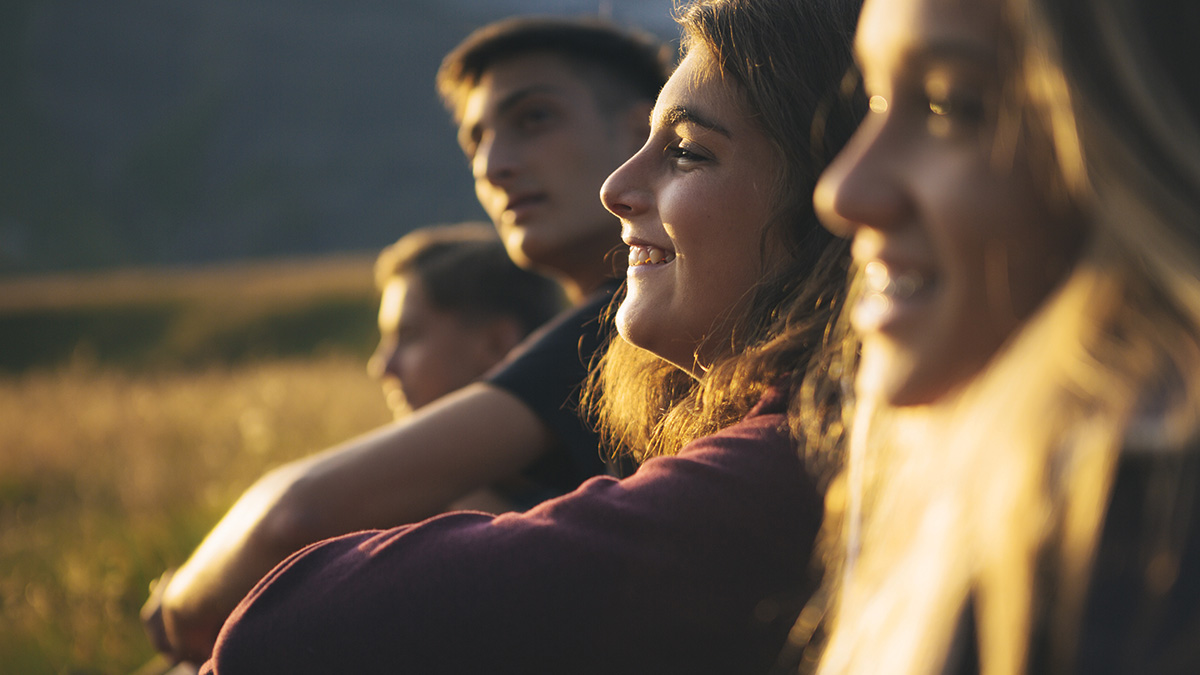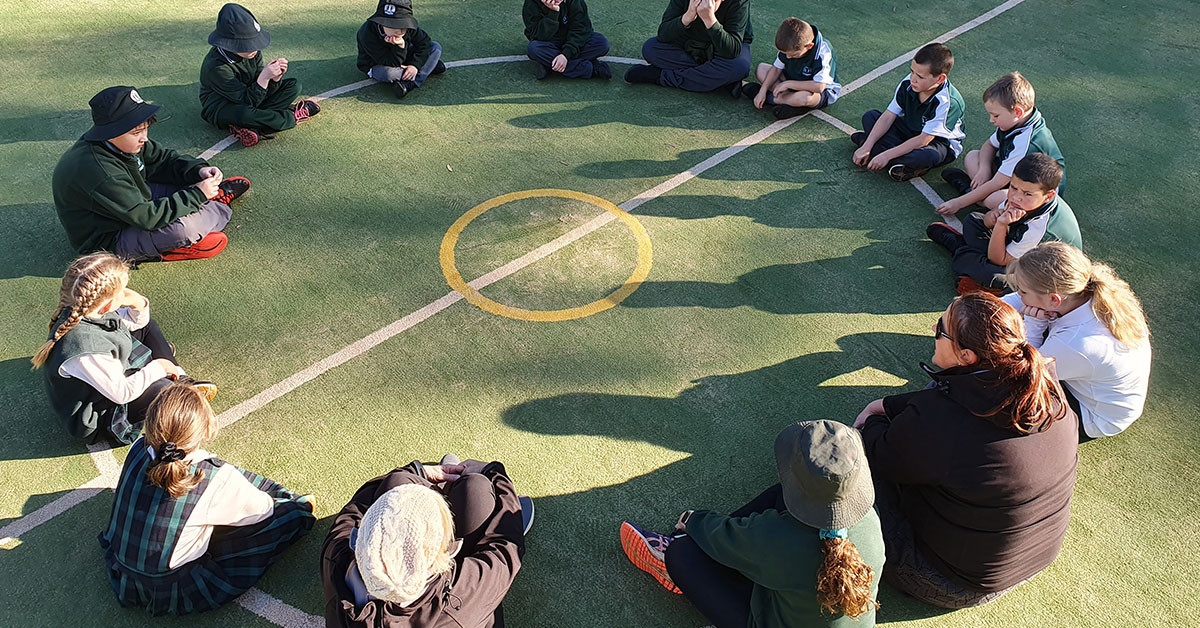Berry Street’s Y-Change initiative is a social and systemic change platform for young people with lived experiences of socioeconomic disadvantage. As Lived Experience Consultants, they challenge the thinking and practices of wider social systems through advocacy and leadership.
For Berry Street’s 2019-20 Annual Report, the team contributed the piece below that explores what change means to them, and what needs to urgently change across the sector to help create a better future for children and young people.
Continue reading “A Berry Street team at the forefront of change”














